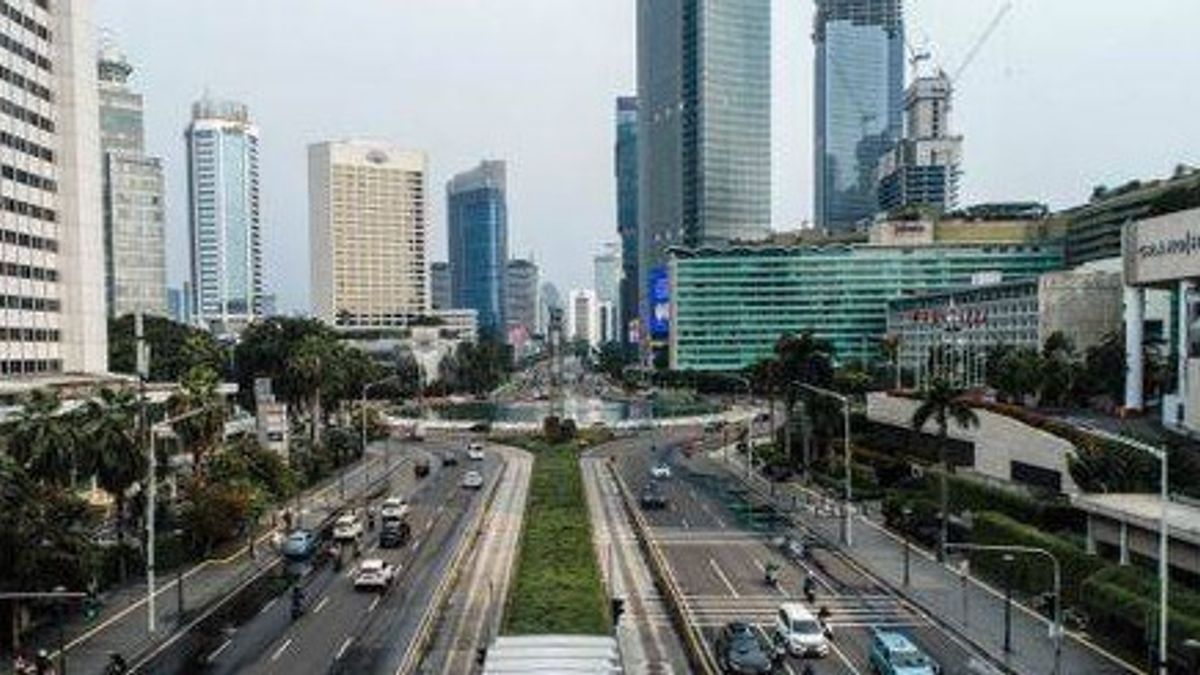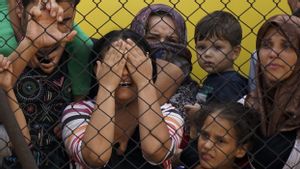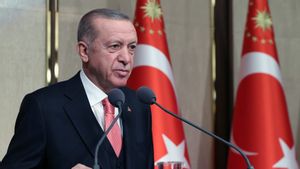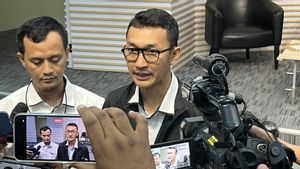JAKARTA - Public confusion regarding the classification of essential, non-essential, and critical companies in the work from home (WFH) and work from office (WFO) regulations for the Java-Bali Emergency PPKM is followed up by the government.
Spokesperson for the Ministry of Communication and Information (Kemenkominfo) Dedy Permadi said that the Emergency PPKM coordinator, Luhut Binsar Pandjaitan, had proposed additional explanations regarding the WFO and WFH rules with ministers, governors, regional police chiefs, and regional commanders in Java and Bali.
"The coordinator of the emergency PPKM has proposed revisions for areas that can be included as essential and non-essential sectors such as critical so that they are more in line with the policies of the emergency PPKM period," said Dedy in a virtual press conference, quoted Thursday, July 8.
Later, the Minister of Home Affairs Tito Karnavian will immediately revise the essential-non-essential and critical sector regulations as proposed by Luhut.
In the proposal, the government clarifies that the essential business sectors of the financial and banking sector only include insurance, customer service-oriented banks, pension funds, and financial institutions.
Then, the information and communication technology sector includes cellular operators, data centers, internet, postal, and media workers related to their important role in disseminating official and correct information from the government to the public.
Then, the export orientation industry is proposed that the company must show proof of sample documents for notification of export of goods or PEB for the last 12 months or other documents that show export plans and must choose IOMKI or operational and mobility permits for industrial activities
"All the fields mentioned above can operate with a maximum capacity of 50 percent of the staff (working in offices or WFO)," said Dedy.
Meanwhile, the fields that are included in the critical sector are proposed to include health; public security and order; energy; logistics, transportation, and distribution, especially for the basic needs of the community.
Other critical areas are food and beverage and its support including for livestock or pets; petrochemicals; cement and building materials; national vital object; national strategic projects; construction projects; basic utilities such as electricity, water, and waste management.
Dedy explained that the fields of health and security and public order can operate optimally with the presence of 100 percent staff without any exceptions.
"For the energy sector to basic utilities, it can operate 100 percent with a maximum staff of only production facilities, construction, and services to the community," he said.
"While office operations are aimed at supporting operations, staff attendance is a maximum of 20 percent," he continued.
Previously, in the Minister of Home Affairs Instruction Number 15 of 2021 concerning Emergency PPKM, which was previously issued, the government required 100 percent WFH for non-essential companies during Emergency PPKM.
Then, for essential sector offices, a maximum of 50 percent of WFO employees with health protocols is enforced and for critical sectors, a maximum of 100 percent of WFO employees are allowed with health protocols.
The previously mentioned essential sectors include finance and banking, capital markets, payment systems, information and communication technology, non-COVID-19 quarantine handling hotels, and export-oriented industries.
Then, the coverage of critical sectors is energy, health, security, logistics and transportation, food, beverage and supporting industries, petrochemicals, cement, national vital objects, disaster management, national strategic projects, construction, basic utilities (such as electricity and water), and industry to fulfill the basic needs of the people.
The English, Chinese, Japanese, Arabic, and French versions are automatically generated by the AI. So there may still be inaccuracies in translating, please always see Indonesian as our main language. (system supported by DigitalSiber.id)













